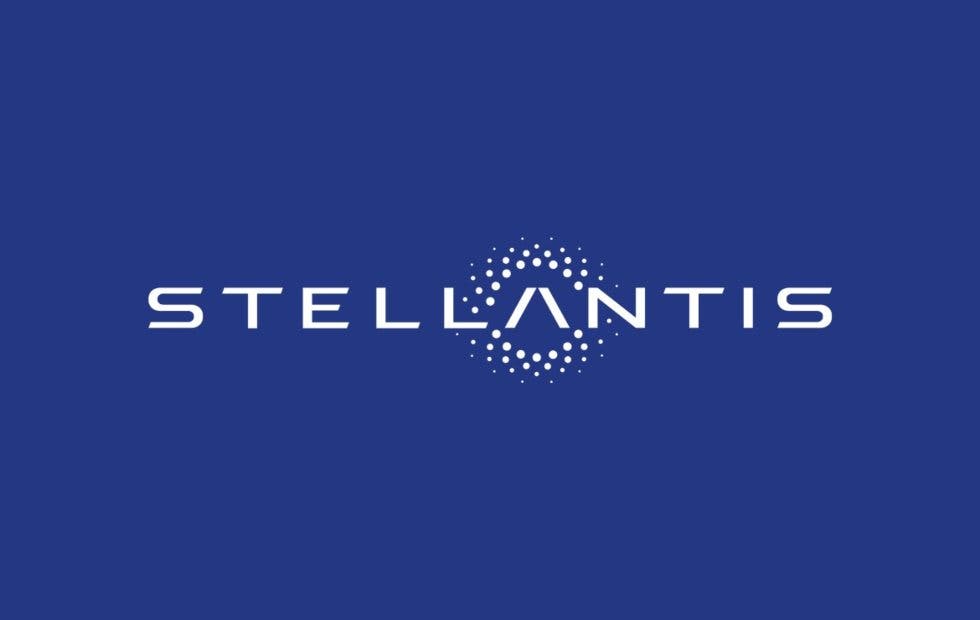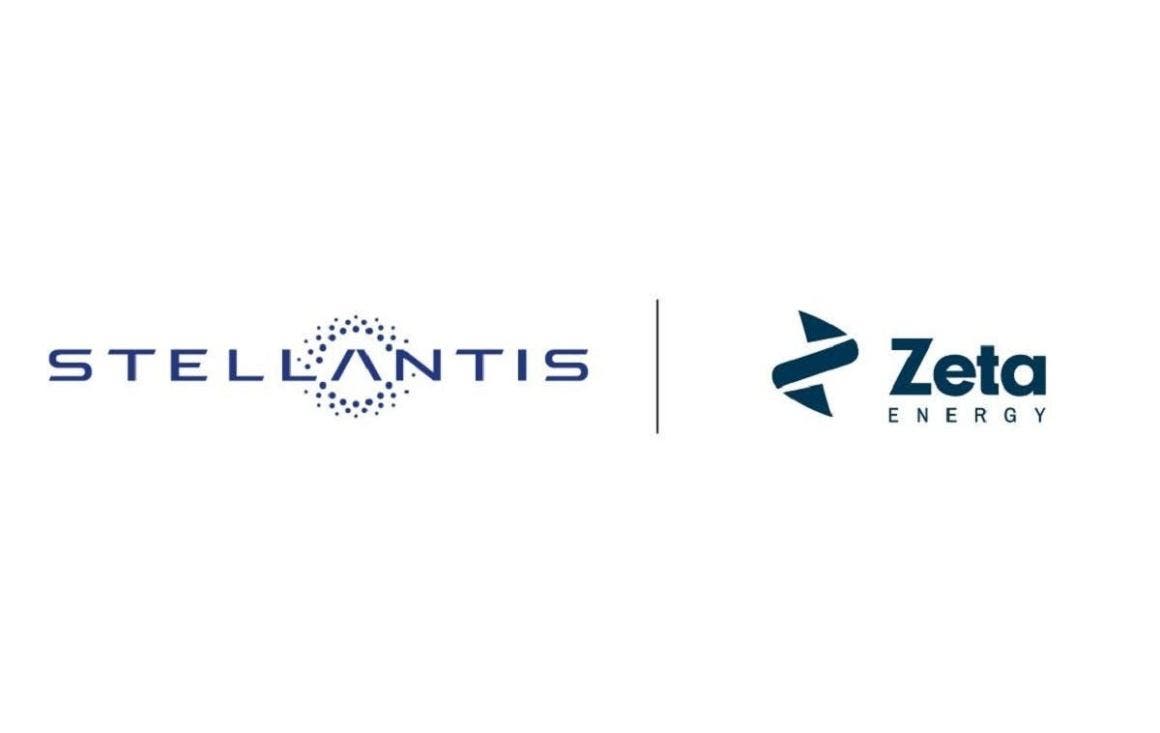If electric cars have a very high price, it’s also due to the cost of batteries: this is why Stellantis is focusing on lithium-sulfur batteries for electric cars that require lower company expenditures. For this reason, the automotive group has formed an agreement with Zeta Energy, an American company that develops, markets, and produces safe and high-performance rechargeable batteries at low cost and in a sustainable manner. The company specializes in lithium-sulfur batteries based on proprietary sulfurized carbon cathodes and 3D metallic lithium anodes. The technology has won two notable awards: ARPA-E and VTO from the U.S. Department of Energy, and the World Materials Forum. The company eliminates the use of critical materials such as graphite, cobalt, manganese, and nickel and has 60 patents and applications.
Stellantis and Zeta Energy announce collaboration

The primary goal is to develop a lighter battery pack with the same usable energy, offering greater range, better handling, and superior performance. Additionally, these batteries promise to improve fast charging speed by up to 50%, making electric vehicle purchases even more attractive. The advantage, probably the most important one, is that these batteries should cost less than half the price per kWh compared to current lithium-ion batteries, which will allow Stellantis to reduce the price of its electric cars.
Technically, volumetric energy density is at stake: the aim is to make the Houston company’s lithium-sulfur battery equal to that of lithium-ion. This should result in a much lighter battery pack, with the same energy as current lithium-ion batteries, but with superior performance.
The batteries will be produced using waste materials and methane. Therefore, CO2 emissions will be lower compared to any other existing battery technology. Zeta Energy‘s battery technology is designed to be implemented within existing gigafactories.
“Our collaboration with Zeta Energy represents a fundamental step in advancing our electrification strategy as we commit to providing clean, safe, and affordable vehicles,” said Ned Curic, Chief Engineering and Technology Officer at Stellantis. “Revolutionary battery technologies like lithium-sulfur support Stellantis’ commitment to carbon neutrality by 2038, while ensuring optimal range, performance, and costs for our customers.”
“We are pleased to work with Stellantis on this project,” said Tom Pilette, CEO of Zeta Energy. “Combining Zeta Energy’s lithium-sulfur battery technology with Stellantis’ unmatched expertise in global innovation, manufacturing, and distribution can significantly improve vehicle performance and cost profile while strengthening battery and electric vehicle supply chain resilience.”
The collaboration includes both pre-production development and future production planning. Once completed, the batteries are expected to power Stellantis electric vehicles by 2030.

